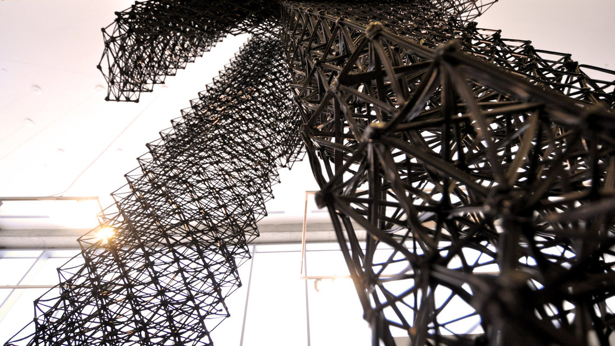
A robot can build US$300,000 homes in four months
Parts will be built using 3D printing
By Leanna Garfield
Constructing a home by hand can be both expensive and time-consuming, especially when the home features a custom design. Some homebuilders have chosen to automate part of the construction process instead.
The cost of the prototype (somewhere between US$300,000 and US$400,000) will be higher than what Branch eventually hopes to offer to customers. The project’s larger goal is to push the boundaries of 3D printing in construction.
Take a look at the home, called Curve Appeal, below.
Branch Technology will complete its prototype of a home using 3D printers in late fall at Chattanooga State Community College, the director of sales, David Fuehrer, told Business Insider.
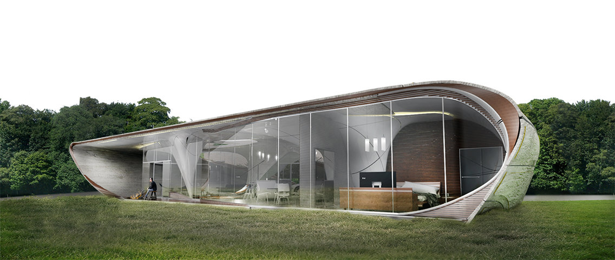
In 2016, Chicago-based WATG won Branch’s Freeform Home Design Challenge, a competition to imagine the future of 3D-printed home construction.
Curve Appeal will span 1,000 square feet, and will feature a bedroom, bathroom, and living room.
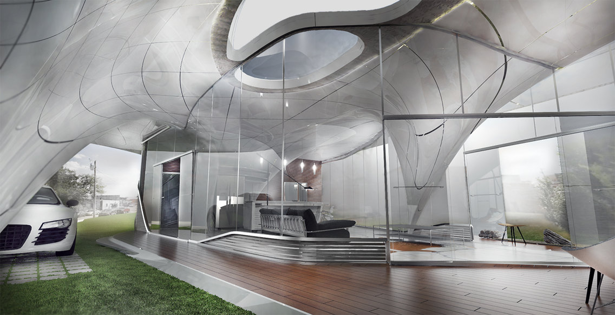
From start to finish, the construction process will take three to four months.
To build it, Branch’s system will first turn WATG’s design into code that the 3D printers can read.

Unlike traditional 3D printers that build layer-by-layer, Branch’s machines will create lattices, which they will then fill with thousands of pounds of liquid foam and concrete that hardens.
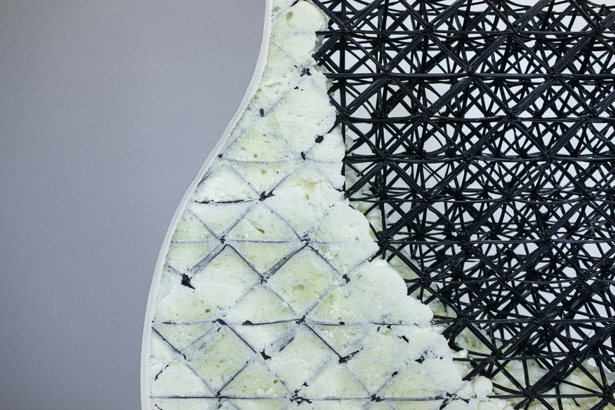
Inside Branch’s 40,000-square-foot facility, four bots will create the panels that will eventually be fastened together.
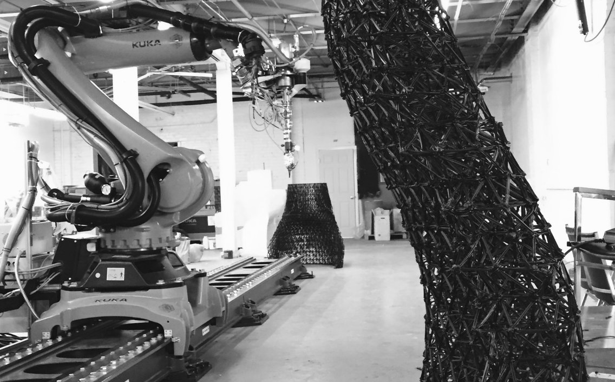
Fuehrer said Branch’s method will make homes that are three to four times stronger than typical wood construction.
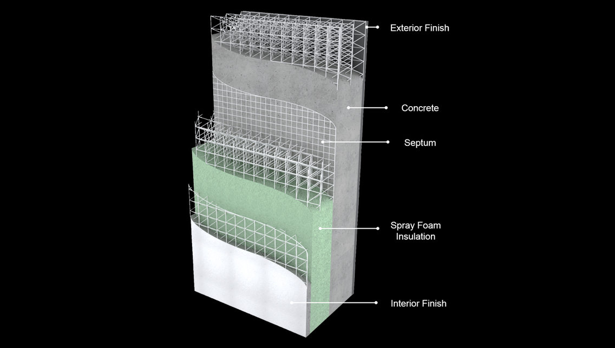
The construction process will also produce less waste than traditional homebuilding, because the machines will print only the necessary parts, he said.
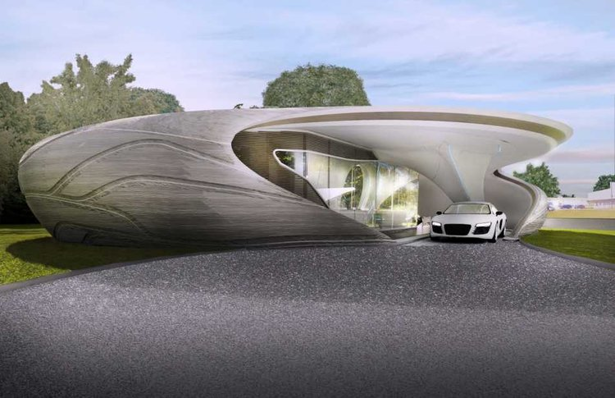
The home’s parts will then be shipped on-site, and in under three weeks, a construction crew will assemble the structure. Lastly, the team will add finishing touches, like plumbing and appliances.
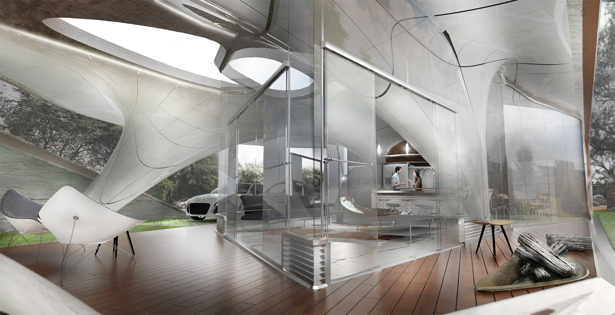
Branch estimates that the prototype will cost US$300 to US$400 per square foot to build, but plans to get that price down before it starts selling homes.
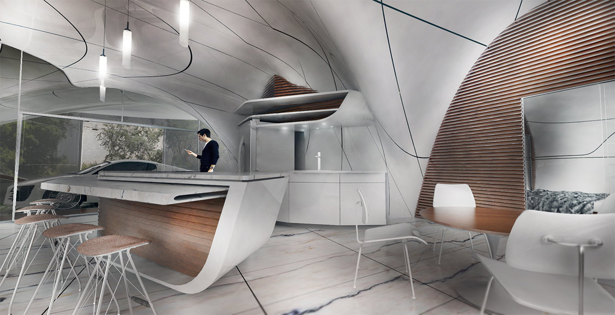
According to Fuehrer, this figure is still lower than what it would cost to fabricate the same home by hand, which he estimates would cost anywhere from US$800 to US$1,400 per square foot because it would require skilled labourers.
Once complete, Branch will gift the home to the college, which will use it for classes.

The company believes that 3D printing represents the future of housing construction, because the process is extremely efficient.
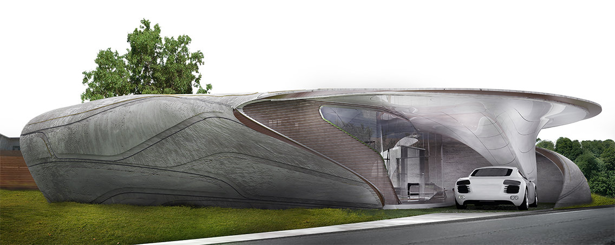
Fuehrer added that 3D printers could be especially useful for building extraterrestrial colonies. In 2017, NASA awarded Branch Technology US$85,930 to develop methods for constructing habitats on Mars.
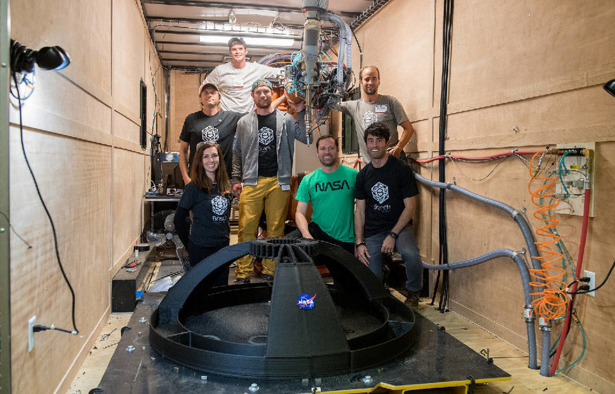
On Earth, the team eventually plans to start selling custom homes and commercial buildings, but it does not have an exact timeline yet.
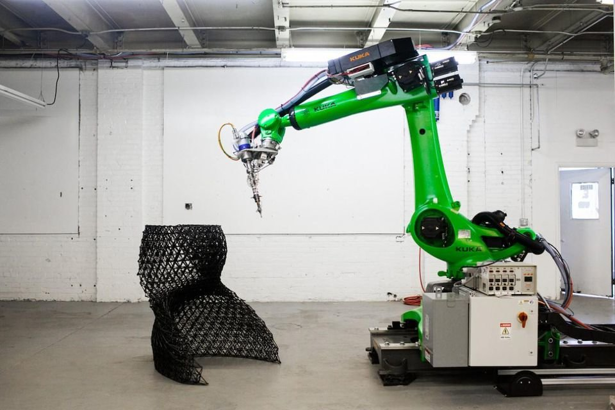
“We want to push the envelope of what’s possible with 3D printing,” Fuehrer said.
